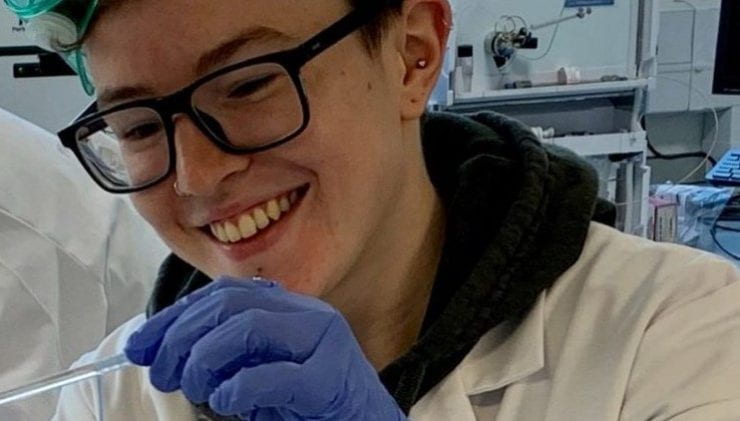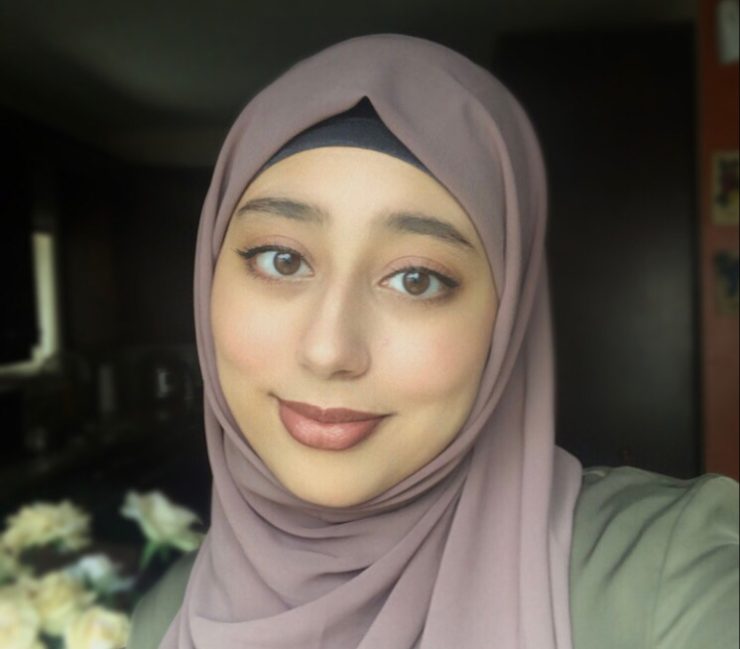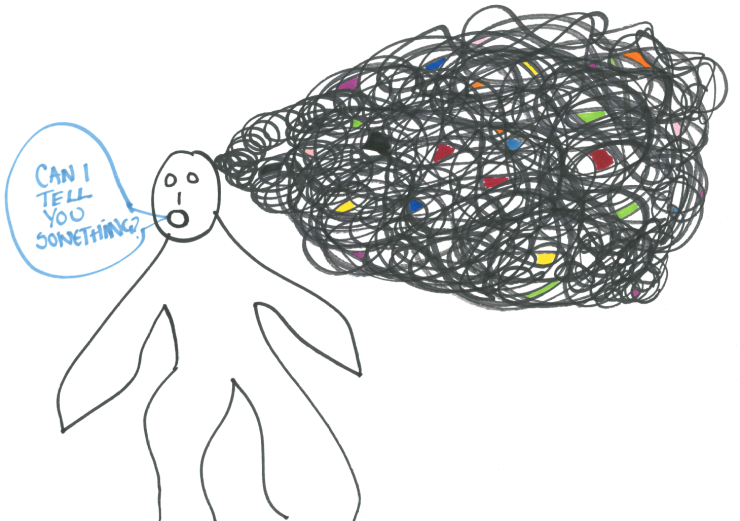We know you’re going to have a brilliant time here and to get your student life off to the best possible start find out all the information you’ll need by visiting the dedicated Starting at Uni pages on the University of Brighton website.
Come along to one of our online events, details of the next one below 👇
Get ready for your course: School of Applied Sciences
Friday 28 July 2023 – 10-11am online
Hear about how you can prepare for your subject and ask any questions to get your studies off to the best start. For students studying: biology, ecology and conservation, biomedical science, geography, and environment, or pharmacy.
Online enrolment
You can enrol from August 21 and we’ll send you an email to remind you. Once you’ve enrolled, you’ll be able to access My Studies where you’ll find all the information you need to prepare for your course.













